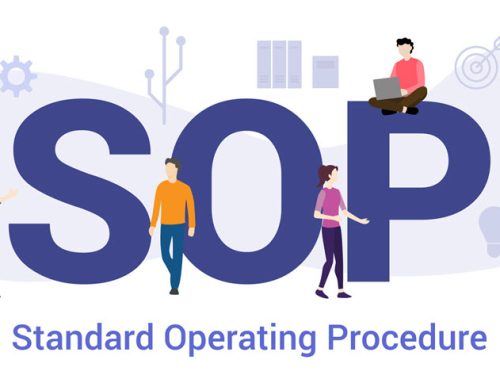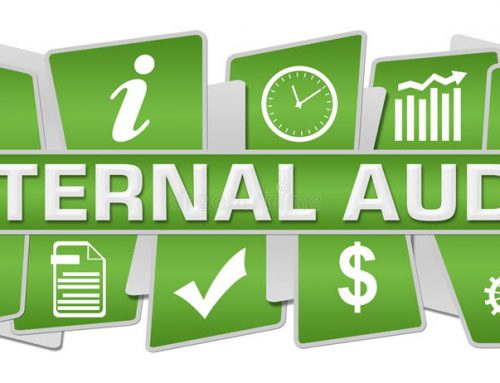Basically, the key purpose of an audit is about delivering a professional and autonomous assessment to the a company or function .Most importantly, for an audit function the key ingredient is “Independence” by which an auditor validates that he/she has got the potential to accomplish the assigned task in an unbiased way.
Auditor Independence
The term of auditor independence implies the impartiality of the internal auditor or external auditor from those interested parties that may have their department in the company assessed. Independence involves honesty and an impartial attitude to the audit procedure. Occasionally, there are different uncertainties being stated about the external auditor’s independence. It can be reasoned that, an auditors firm may reach audit views and findings that are worryingly inclined by the desire to keep well-meaning associations with their client company in the absence of appropriate corporate governance measures. In such sort of cases, it is quite obvious that the auditors cannot be considered independent and the company shareholders cannot put their faith in their view.
At times, some firms work for fixed audit fees that are below the market rate and cover for the difference by offering non-audit services, for example advice on taxation matters and management consultancy. Consequently, a number of audit firms have their own commercial interests that they need to look after as well. These sorts of interest develop valid and moral concerns that there can be a conflict of interest between auditor’s interests to protect shareholders with an independent opinion and his own commercial interests. In addition to that, the need for independence increases as in various cases such as additional third parties lack adequate information or understanding about organization’s issues and problems. Therefore, they count on the independent valuation of an auditor. Likewise, the confidence of public in themarkets and the performance of public interest bodiesrelatively depend on the reliability of the views and reports specified by auditors.
Complications
Lately, it can be observed that many firms are displaying more attention to their audit clients in the facility of Internal Audit Services. The outsourcing of the internal audit function offer lots of benefits for the audit firm as well as the audit client. The threats related to the independence must be handled at the individual auditor, appointment, functional, organizational and managerial levels.
Reporting
The best practice which has been recognized at international level requires the formation of an internal audit function reporting either straight to the Board or by means of an audit committee. Besides, this reporting line involves independence from the audited activities which means the liberty from situations that intimidate the capacity to perform internal audit responsibilities in a neutral way. More to the point, it allows internal audit to attain fairness as no compromises are made on quality and decisions are not subordinated to other personnel within the executive body.
It is important to keep in mind that the boards must clearly mark out the risk appetite of the company. They assign internal audit to deliver assurance that organization methods and operations are effectively working to provide results that are consistent with the risk appetite, and that proper mechanisms are there for notifying the board to strategies or plans that may be in conflict with the chosen risk level. The internal auditors must have free access at all organizational levels so they cancounsel the board, directly or by means of an audit committee, on governance, risk management, and issues related to internal control. Although internal auditors must work closely with the management so that they resolve problems that occur in their work, but they are accountable to the board, not the management, and they must work free from any sort of hindrance or interference.






